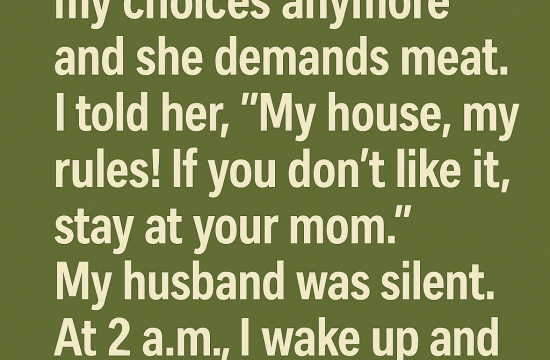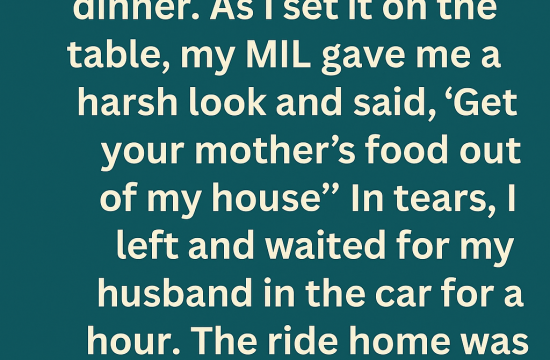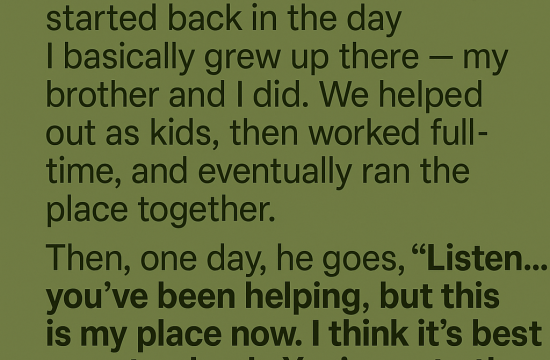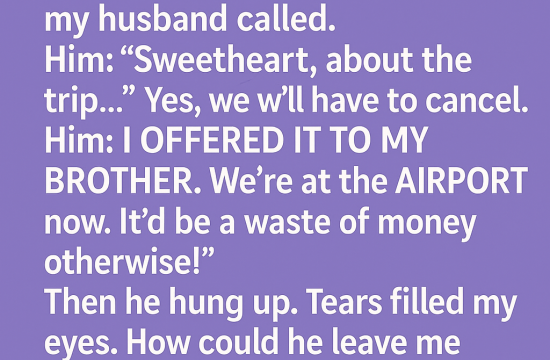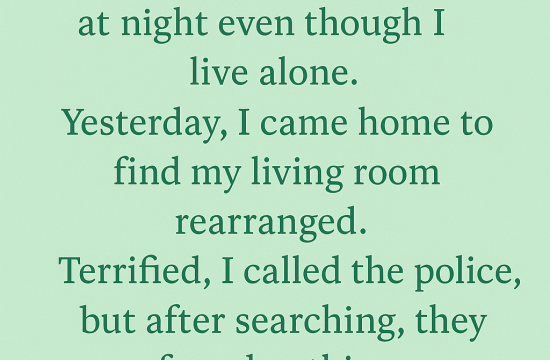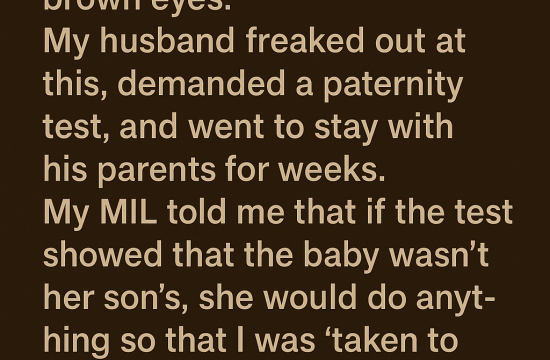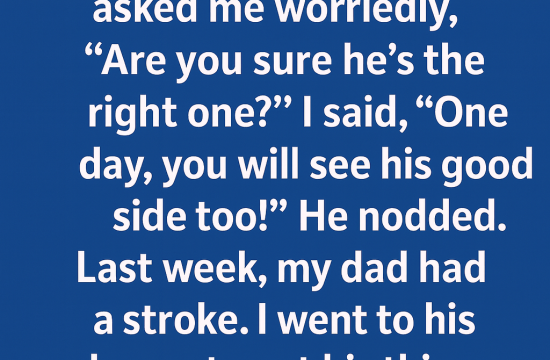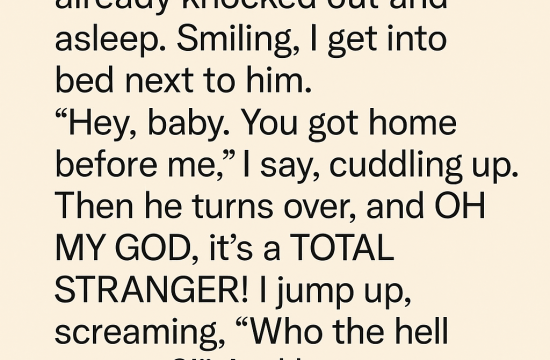Three years after my father’s funeral, I returned to our childhood home—now sagging with secrets. Dad had been my anchor after Mom died, and while I stayed behind to care for him, my brother Kyle vanished into his own life. So it felt like a slap in the face when the will left the house to him and handed me a $3,000 check. Kyle didn’t hesitate—he packed up my future and kicked me out like I was a guest who overstayed their welcome.
I didn’t fight it. I worked. I saved. I survived.
Then, out of nowhere, Kyle reached out. He said he wanted to sell me the house—at a discount, calling it a “quick sale.” Part of me didn’t trust it, but the memories had their claws in me. I wanted to believe it was a peace offering, a second chance to hold onto the home where I had spent my whole life. So I bought it.
Two days after closing, the truth came flooding in—literally. There were cracks in the walls, hidden mold, warped floors, and a foundation that was slowly sinking. When I got a second inspection, it confirmed my worst fear: Kyle had paid someone to cover it all up. It was fraud, plain and simple.
I took him to court. The judge ruled in my favor, reversed the sale, and ordered him to pay me back. Justice, maybe—but it didn’t feel like a win. The house was gone again. The betrayal still stung.
Then, while clearing out some of Dad’s things the court had granted me access to, I found a false panel behind his closet. Inside was a small wooden box wrapped in a faded flannel shirt. Inside the box: heirloom jewelry, an old gold pocket watch still ticking, stacks of bills wrapped with rubber bands, and a letter in my father’s handwriting.
“You stayed when no one else did,” the letter read. “You were my strength when I had none. This is for you. Build something that lasts.”
I sat on the floor, the letter trembling in my hands. It broke me—but not in grief. In gratitude. In quiet, personal triumph. I had lost the house, yes—but I found something more valuable: my father’s trust, his acknowledgment, and the means to finally move forward.
When I left that house for the last time, Kyle stood on the porch yelling that no insurance company would touch it now. His voice was bitter, angry, empty.
I just smiled.
He had played the short game. I had played the long one.
And I didn’t need to explain the difference—because karma, as always, doesn’t ask for applause.




